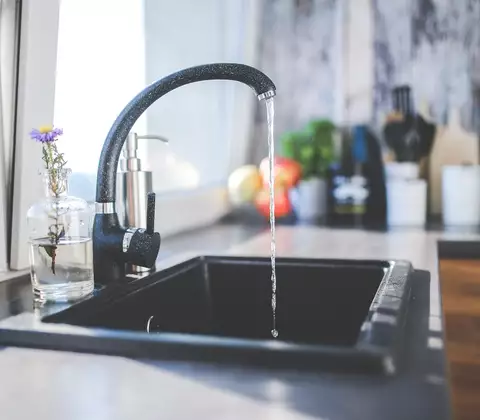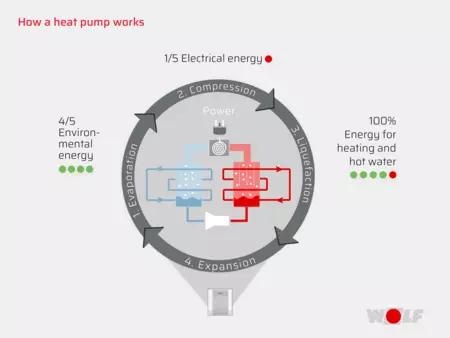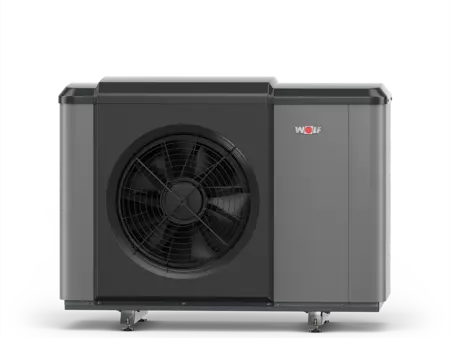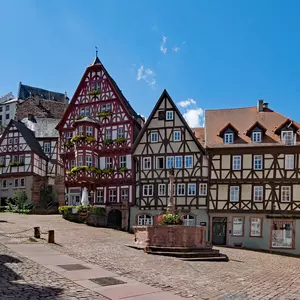
DHW heat pump
Support for the heating
With domestic hot water (DHW) heat pumps, you can effectively supplement and possibly even replace your water heater. You only need some electrical energy to heat the hot water.
DHW heating vs. conventional heating
Heating pumps and conventional burners heat both the heating water circulating in the system and the domestic water. DHW heat pumps are a subtype of heat pumps and only heat the drinking water.
This means that they have a lower heating output and can be used when you do not need both functions in one.
Environmentally friendly operation
All heat pumps work in a similar way. This also applies to pure DHW heat pumps. The heat pump extracts the heat energy available from the environment (air, water or ground) and transfers it to its own water cycle via heat exchangers.
A refrigerant acts as the carrier medium that circulates in the system. The DHW heat pump also heats the domestic water in this way.
This only has an indirect effect on the heating itself because your burner has to heat less water (or none at all). However, a heat pump intended for room heating can also heat the hot water.
The installation workload and costs are higher than those of a DHW heat pump, but you get everything from a single source.
DHW heat pumps are usually air-to-water heat pumps. Since they have a lower heat requirement, they can even get their heat energy from the air in the room.
Such a heat pump is always useful when it can produce significantly more heat energy than the electrical energy it consumes.

Practical tip: the ideal installation location
If you set up the DHW heat pump indoors, choose a location with excess waste heat and moisture (e.g. the kitchen, pantry or basement). This is because the device removes warm, moist air from the room and supplies it with cooler, dry air.
This creates an ideal room climate – for example for storing food. In heated rooms, however, the installation makes less sense because you then supply the required thermal energy from the room air via the heater.
You can support your hot water heat pump by generating the required electrical energy yourself with a photovoltaic system.
Air-to-water heat pump
CHA-MONOBLOCK
The WOLF CHA Monoblock heat pump is sure to fit in with the overall design of your home, and is perfect in the garden, out on the patio or mounted on the wall – all with an impressive COP of 4.65.

How efficient are heat pumps?
The energy efficiency of heat pumps is defined by the following parameters:
- Coefficient of performance (COP)
- Annual performance factor
Coefficient of performance
The COP depicts the relationship between the electrical energy required and the heat output of the pump. For example, if a heat pump has a COP of 4, this means that it generates four kilowatts of heat with one kilowatt of electricity. The difference between the remaining three kilowatts of energy comes from the ambient air.
Annual performance factor
The annual performance factor indicates the efficiency of the heat pump over the entire year. Depending on the season, parameters such as heating activity, hot water consumption, ambient temperature and weather conditions (relevant for photovoltaics and solar thermal energy) change. The higher the annual performance factor, the more efficient and environmentally friendly the device is.


